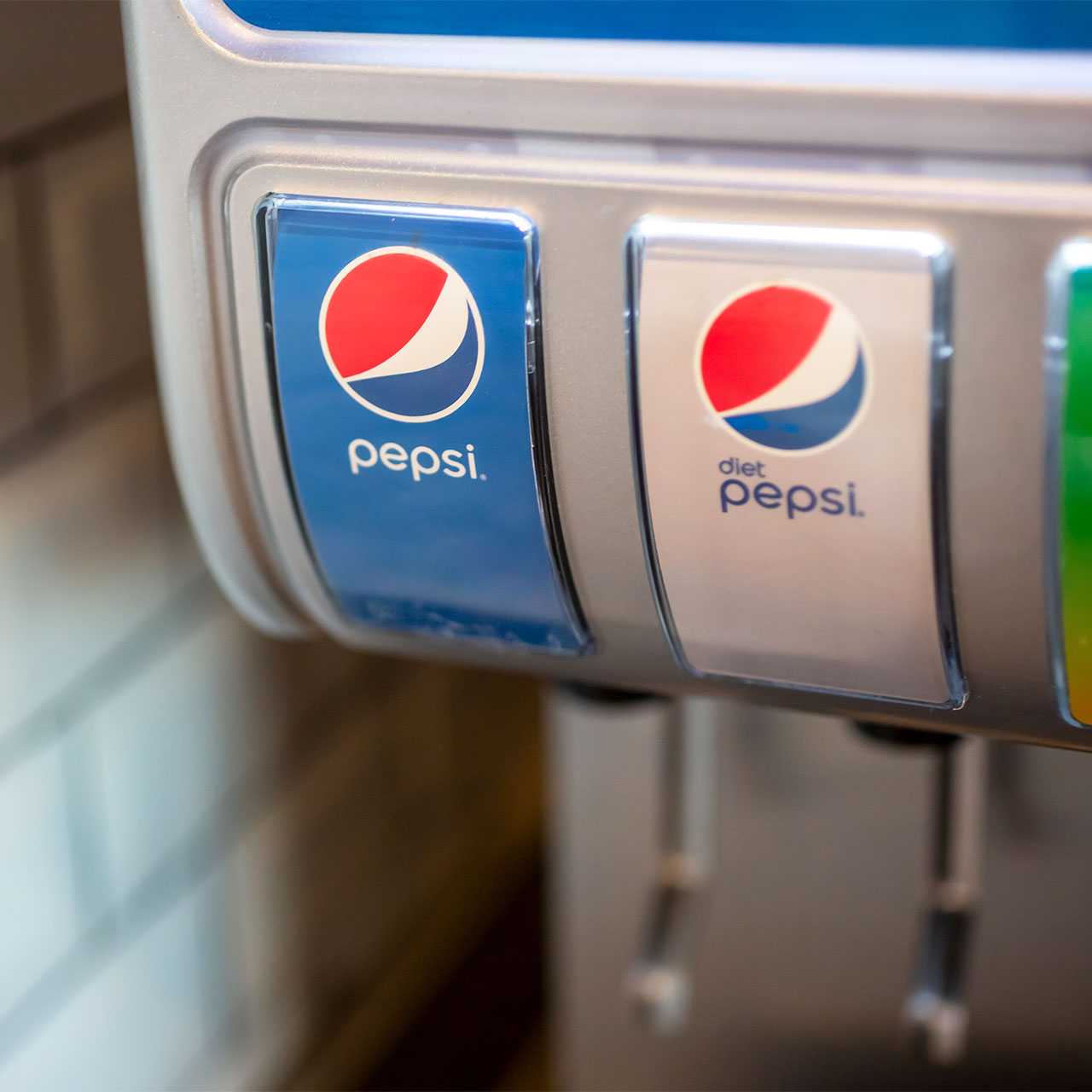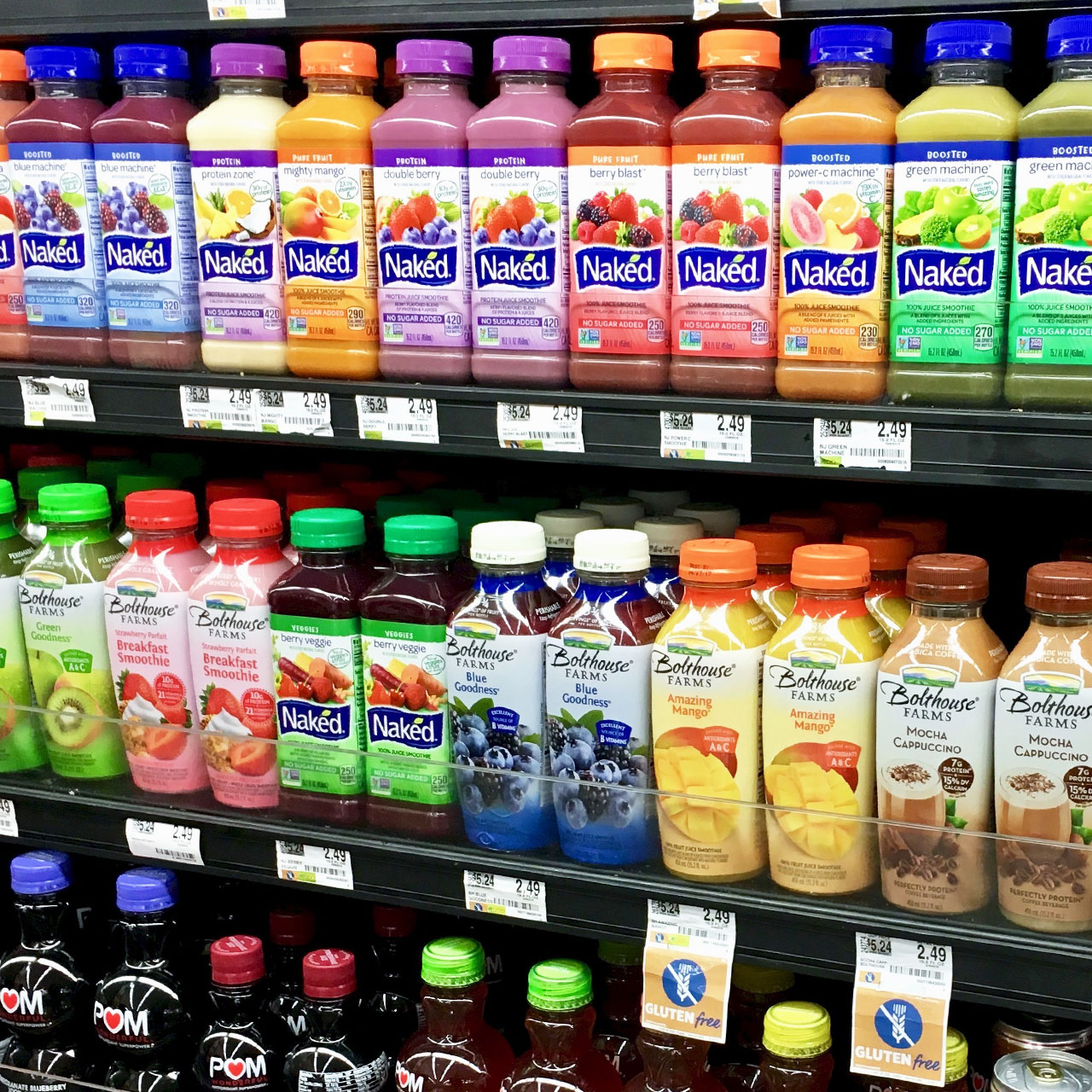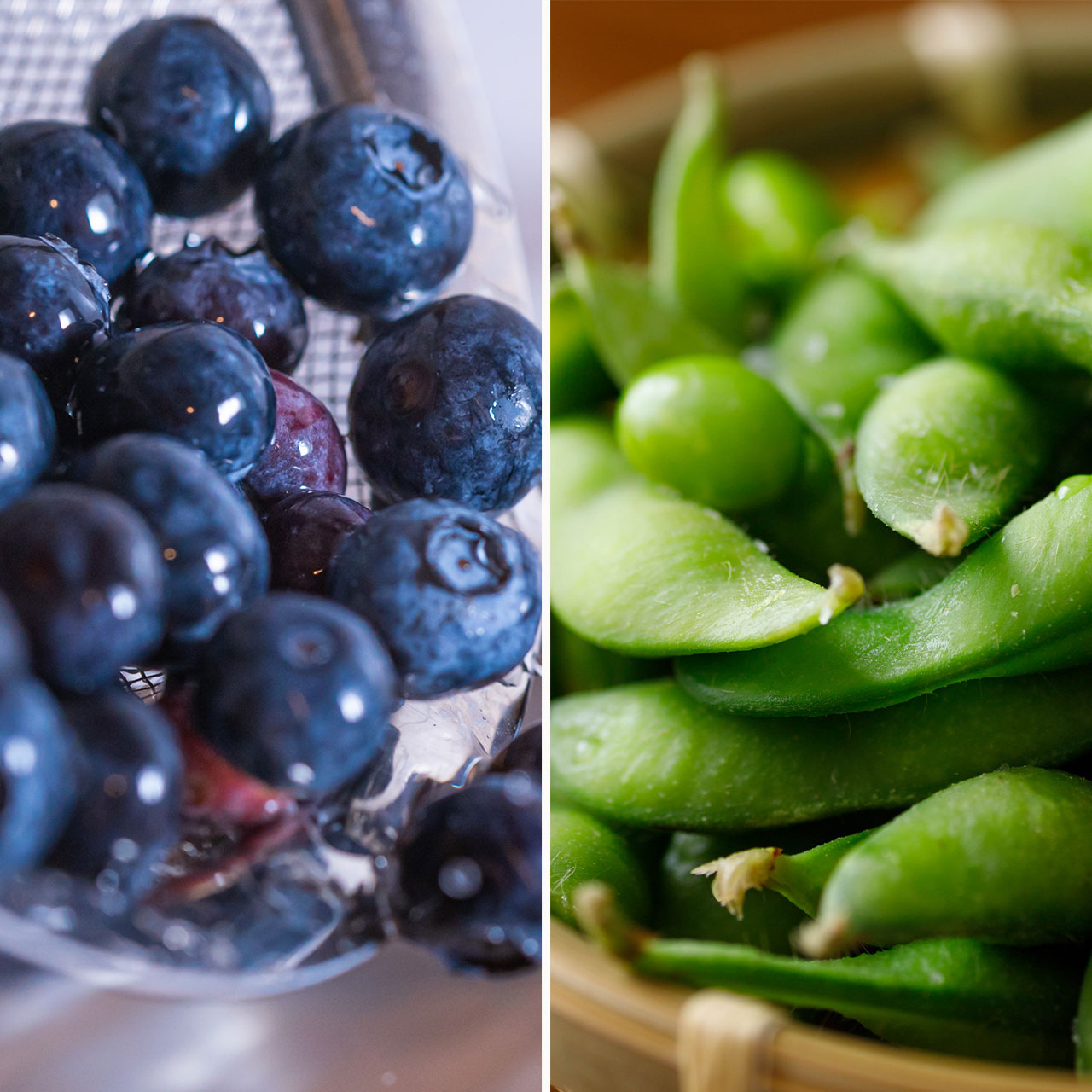This story has been updated since it was originally published to include additional items
High fiber foods are essential for maintaining a healthy digestive system and avoiding bloat. These foods, including fruits, vegetables, whole grains, and legumes, contain both soluble and insoluble fiber, which work together to promote regular bowel movements, prevent constipation, and support overall gut health. Incorporating high fiber foods into your diet can enhance digestion, improve nutrient absorption, and contribute to overall well-being.
We spoke with Lisa Richards, nutritionist and creator of The Candida Diet, Jesse Feder, RDN, CPT; Joanna Wen, certified weight loss coach and founder of Spices & Greens; Dr. Erik Natkin; Sheri Berger, RDN, CDCES; registered dietitian and nutritionist Susan Schachter, MSRDN, co-founder of 120/Life, and Destini Moody, RD, to learn about nine high-fiber foods to eat for better digestion. They revealed that oats, nuts, lentils, barley, avocado, spinach, chia seeds, popcorn, berries, artichoke, and beets are the ones to eat more of.

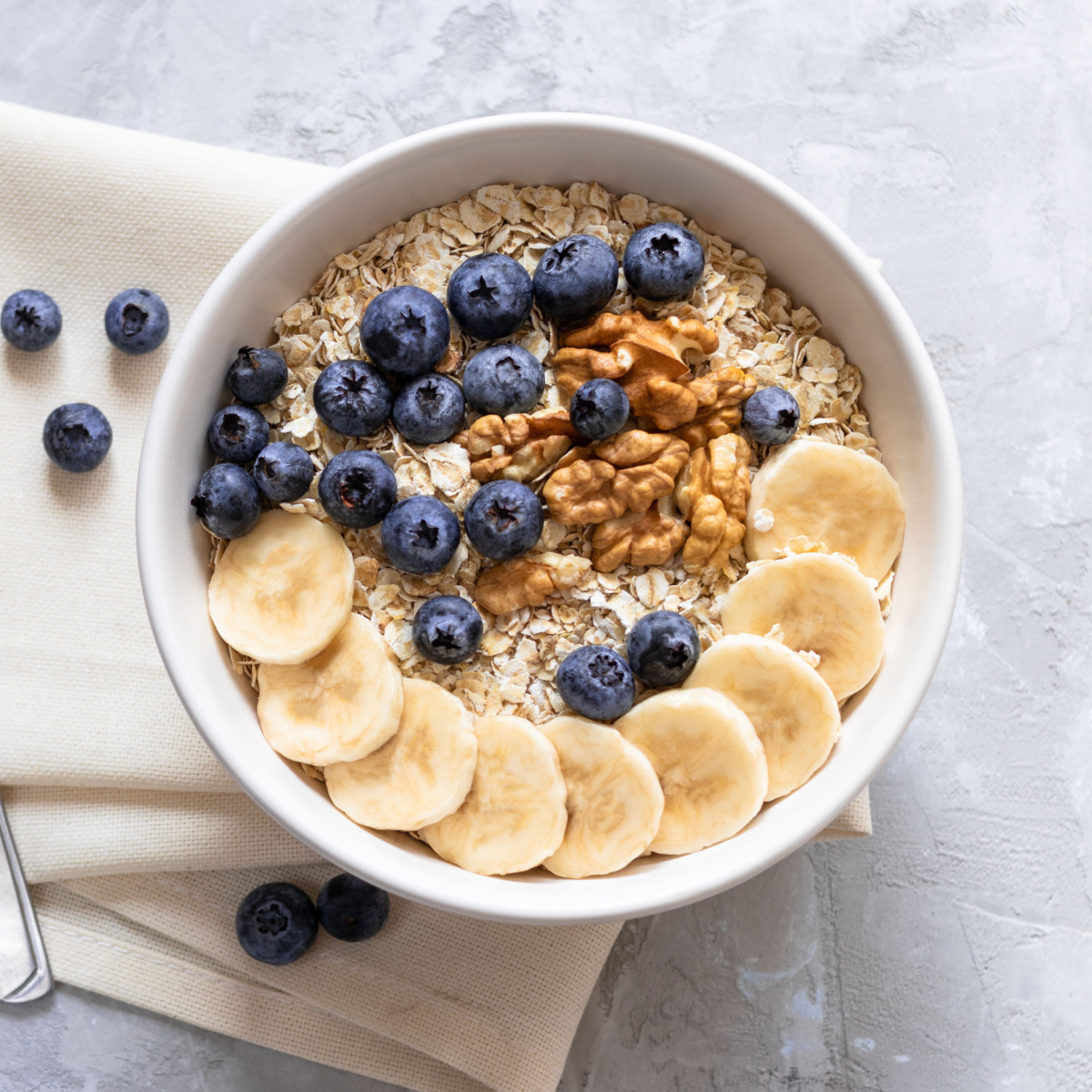
1. Oats
Oats are rich in both soluble and insoluble fiber. Soluble fiber forms a gel-like substance in the digestive tract, which helps slow down digestion, promotes nutrient absorption, and stabilizes blood sugar levels.
"Oatmeal with chia seeds is an ideal high-fiber, high-protein breakfast for weight loss due to its nutritional composition," Richards says. "This nutrient-dense breakfast supports weight loss by fostering a sense of fullness, promoting digestive health, and supplying essential nutrients for overall well-being."

Nuts
Nuts' fiber content helps digestive health by supporting proper digestion and preventing constipation.
"Nuts are a great source of both insoluble fiber and healthy fats," Feder shares. The beneficial fats and fiber content in nuts are effective for lowering harmful cholesterol levels while boosting the beneficial ones, thereby mitigating the risk of artery blockages and enhancing cardiovascular well-being. Nonetheless, Feder cautions individuals mindful of their weight: "It is important to only have one or two handfuls of nuts due to them being very calorically dense."

Lentils
Lentils are a nutritional powerhouse and a top choice for maintaining digestive health. Their rich fiber content aids in regulating digestion, promoting regularity, and alleviating digestive discomforts commonly experienced in many individuals.
"The high fiber content in lentils can promote healthy digestion by supporting regular bowel movements and the growth of healthy gut bacteria. Additionally, the combination of protein and fiber in lentils can support stable blood sugar levels, which can help reduce cravings and aid in fat loss," Wen says.
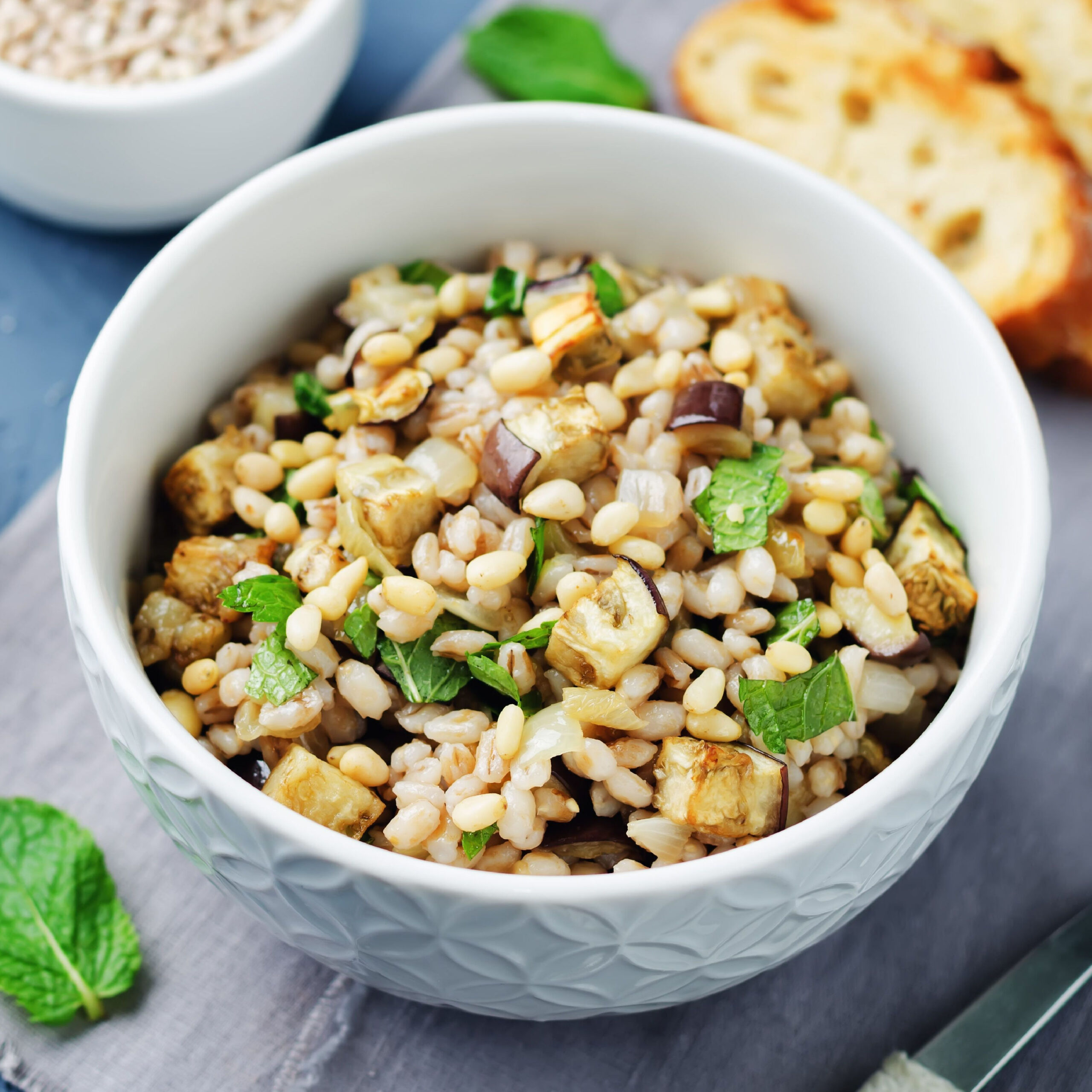
Barley
Barley stands out as a high-fiber food with significant benefits for digestive health. Rich in both soluble and insoluble fiber, barley aids in maintaining healthy cholesterol levels, lowering the risk of heart disease. Moreover, barley's fiber content helps stabilize blood sugar levels, further supporting overall well-being.
"These fibers help in decreasing gut inflammation by enhancing the growth of healthy bacteria," Natkin says when it comes to whole grains such as barley.
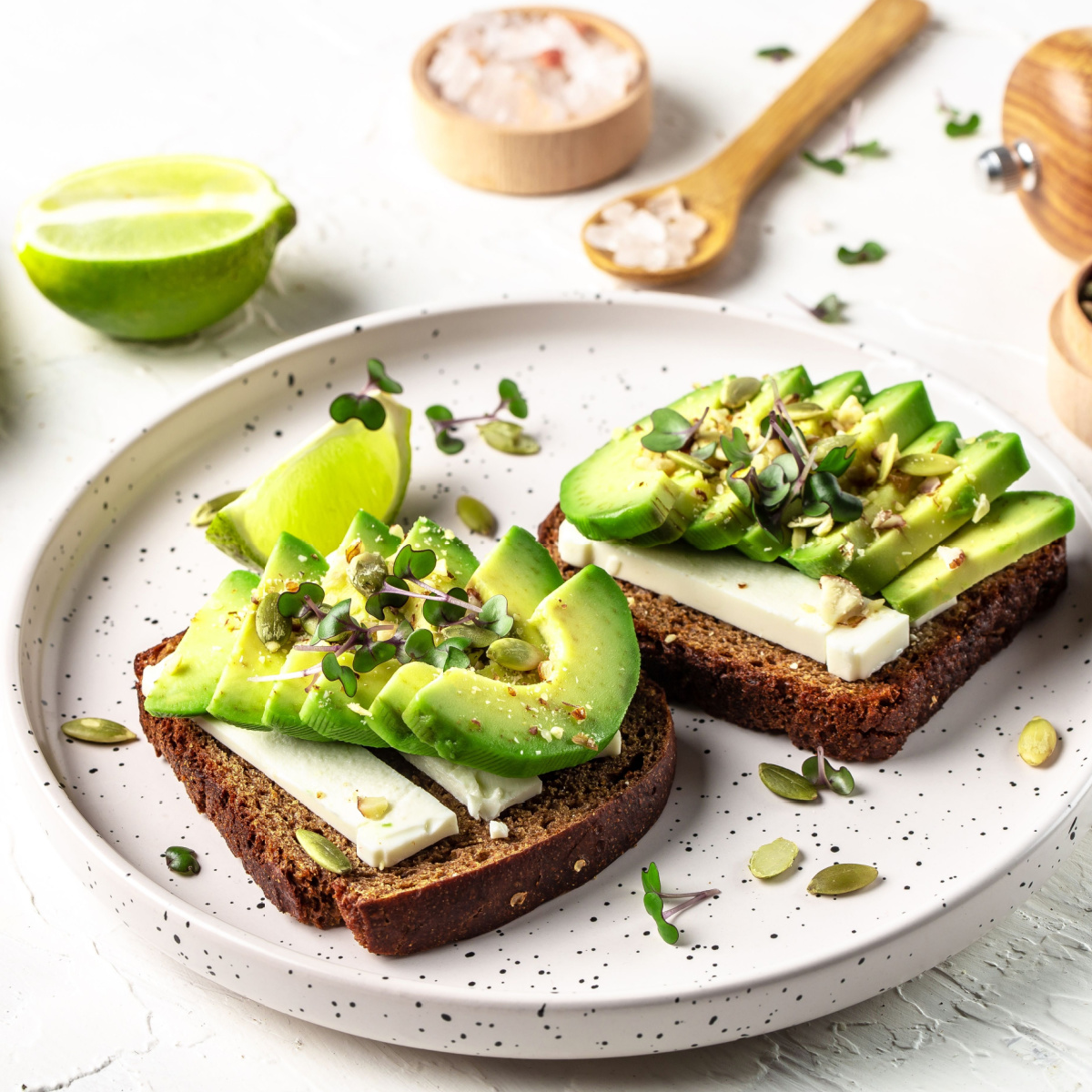
Avocado
"Avocado is one of the healthiest fats on the planet. It is very high in monounsaturated fats as well as dietary fiber. It is also a great source of B vitamins, vitamin C, vitamin E, vitamin K, folate, potassium, magnesium, and antioxidants. The healthy fats in avocado is great for supporting brain health as well as proper blood lipid levels which is essential for heart health," Feder says.
He also notes that the abundant dietary fiber in avocados plays a crucial role in supporting the gastrointestinal tract, enhancing nutrient absorption, and promoting overall health. Furthermore, the copious nutrients and antioxidants present in avocados prove beneficial in optimizing bodily functions and combating inflammation.
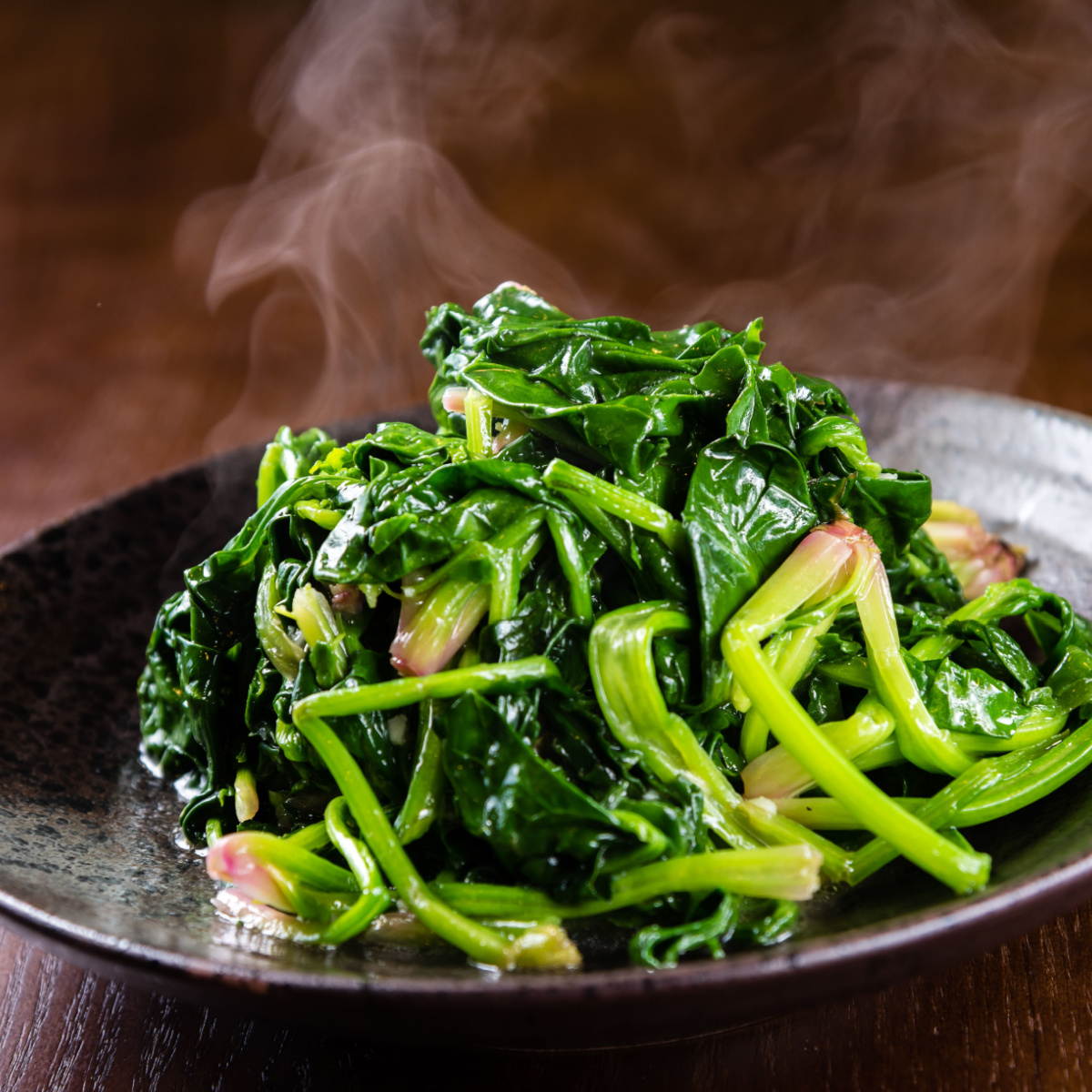
Spinach
Spinach, the vibrant leafy green beloved by many, is not just a culinary delight but also a secret weapon for maintaining digestive wellness. Bursting with fiber, spinach offers a double dose of health benefits. Its soluble fiber content aids in managing cholesterol levels, a crucial aspect of heart health as we age. Meanwhile, the insoluble fiber in spinach keeps digestion running smoothly, combating common digestive issues that often arise down the line.
Feder says this green food is "loaded with fiber and other nutrients including vitamins A, C, K, folic acid, iron, and calcium. The high amount of antioxidants is great for fighting off inflammation throughout the body, including your brain, and heart. The high amount of fiber promotes healthy digestion and nutrient absorption which is also important for whole body health. Lastly, the key nutrients in spinach has been directly associated with improvements in cognition and cardiovascular health."
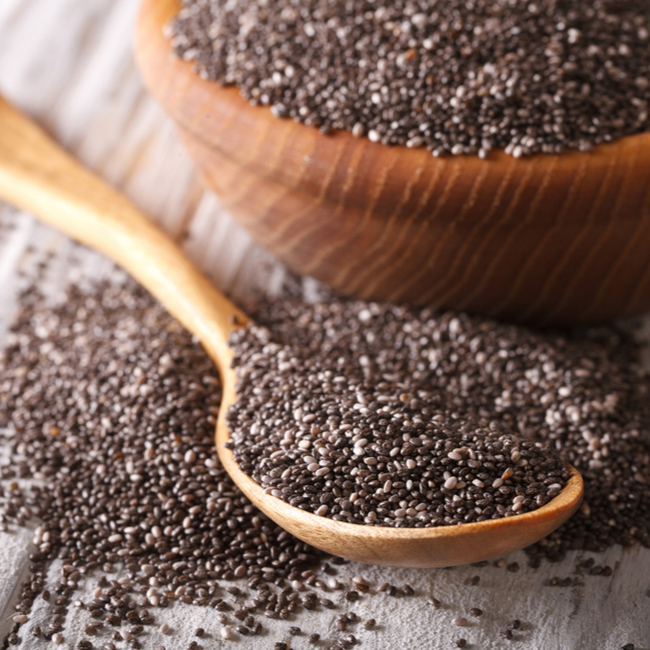
Chia Seeds
Chia seeds, small but mighty superfood, are an exceptional choice for nurturing digestive health. The insoluble fiber aids in digestion, easing common digestive discomforts.
"Chia seeds expand and form a gelatin type substance in the digestive tract. This is great for slowing down digestion, increasing nutrient absorption, and helping you feel full for long periods of time," Feder says.
"They are also powerful seeds that are bursting with protein, fiber, calcium, iron, and omega-3 fatty acid," Berger tells us. "A 2021 review found chia seeds help to increase high density lipoprotein (HDL), also known as good cholesterol and lower low density lipoprotein (LDL), also known as bad cholesterol."

Popcorn
The fiber in popcorn promotes a feeling of fullness and satisfaction without excess calorie intake, making it suitable for individuals monitoring their weight. As a complex carbohydrate, popcorn undergoes slow digestion, providing a steady release of energy throughout the night and helping to stabilize blood sugar levels.
Moody says that "in terms of calories per serving, popcorn is arguably one of the best snacks for weight loss because it takes up a relatively small amount of volume in the stomach, making you feel full without going over your calorie budget." She also adds that "about 3 cups of air-popped popcorn is only 100 calories and contains nearly 4 grams of insoluble fiber, making it a perfect high-fiber, nighttime snack."
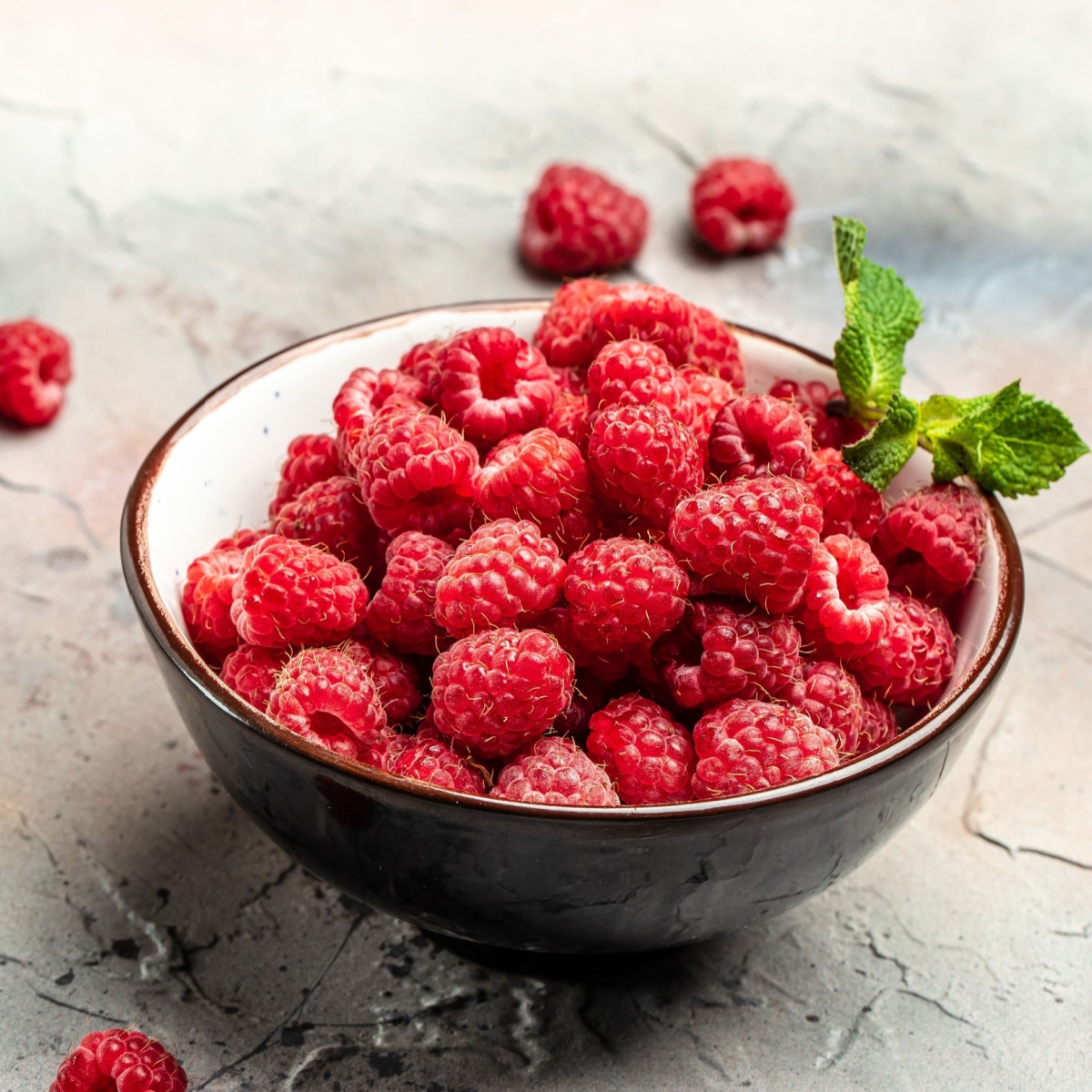
Raspberries
Raspberries are an excellent choice for a pre-bedtime snack to support digestion. Additionally, raspberries are rich in antioxidants, such as flavonoids and polyphenols, which have anti-inflammatory properties and may protect against digestive issues. Their high water content contributes to hydration, essential for maintaining healthy digestion, especially during sleep when dehydration can occur.
With just 65 calories, Moody says, "One cup of raspberries contains about 8 grams of fiber, and they can make for a refreshing, low-calorie snack when you have a sweet tooth. Eating raspberries before bed is a much better alternative to other snacks high in refined sugar, and the fiber content in berries can help with digestion as well as better blood sugar control."
Whether savored solo, blended into a nourishing smoothie, or sprinkled over your evening yogurt, raspberries offer both a tasty treat and a boost for your digestive well-being.

10. Artichoke
Don't sleep on the power of artichokes! According to Alanna Kate Derrick, sports nutrition coach, "Artichokes are another all-star bloat-buster, providing around 10g of fiber per medium artichoke." Not bad at all! She notes that "the specific type of fiber artichokes contain actually feeds the good bacteria in your gut, improving overall digestion."
If you're looking to fit more artichoke into your diet, she recommends grilling artichoke hearts or enjoying steamed artichoke leaves dipped in zesty yogurt-based sauce. Sounds delicious!

11. Beets
Beets are another high-fiber food that can help reduce bloating and improve digestion. This root vegetable contains 3.4 grams of fiber, which can help relieve any digestive issues and lose weight. "Beets are high in fiber and can help with digestion, owing to their Betaine which is a digestive enzyme," Dana Ellis Hunnes, PhD, MPH, RD says. She notes that beets can help with hydration as well. "As we get older, we tend to drink less and stay less well-hydrated, which can stop us up," she continues. "[High-fiber] foods can really help, especially when they come from fresh vegetables, whole grains, fruits, etc, because they contain moisture in them as well." Noted!




